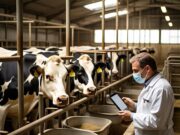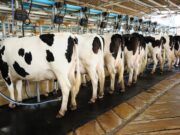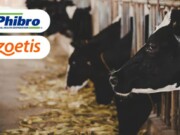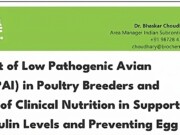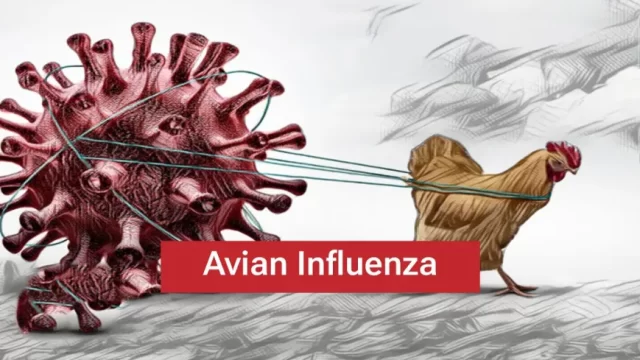
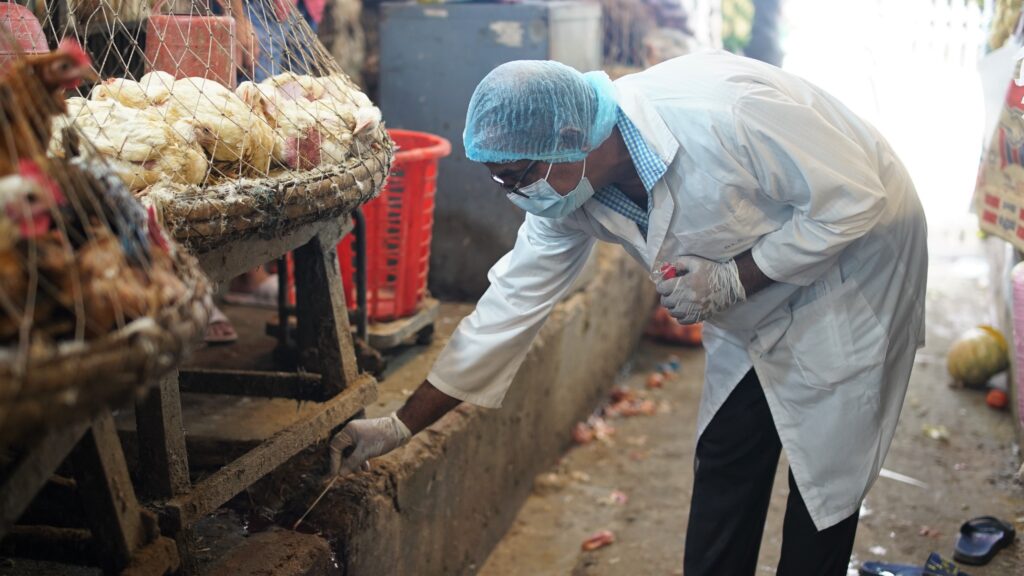
The Food and Agriculture Organisation of the United Nations (FAO) is urging for immediate regional action to address the increasing number of avian influenza cases in the Asia-Pacific region. The United States Agency for International Development (USAID) and the Centres for Disease Control and Prevention (CDC) have provided support for the appeal, which was initiated following a consultation of regional experts in Bangkok.
Alarming developments have occurred just recently. 13 new human cases have been reported in Cambodia after a protracted period of minimal human infection. Since late 2023, there have been additional cases in China and Vietnam. The situation is further complicated by the emergence of a new variant of avian influenza, which presents new challenges for the public health authorities, clinicians, scientists, and communities.
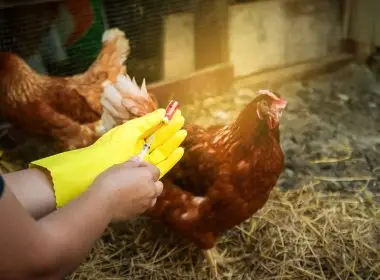
The highly pathogenic avian influenza H5N1 virus has spread more extensively geographically than ever before, reaching as far as South America and Antarctica on a global scale. It has also begun to infect new wild and domestic animals, such as scavenger species, marine mammals, carnivorous domestic pets, mammals farmed for fur, and, most recently, farmed ruminants such as dairy cattle.
Although the Greater Mekong Subregion, Indonesia, and the Philippines are currently under increased scrutiny as a result of their diverse ecological landscapes and inadequate biosecurity measures, other regions are also at risk. It is important to note that Thailand and Myanmar have not reported any outbreaks in recent years. Currently, avian influenza outbreaks are being combated in India, Nepal, and Bangladesh.
Kachen Wongsathapornchai, Regional Manager of the FAO Emergency Centre for Transboundary Animal Diseases (ECTAD), expressed his profound concern regarding the recent increase in avian influenza outbreaks. “We have noted an increase in the number of human cases and the virus’s dissemination to new animal species since late 2023.” The pandemic threat is exacerbated by the emergence of novel A/H5N1 strains that are more readily transmissible. It is imperative to implement immediate, coordinated preventive measures.
FAO underscores the necessity of a coordinated response. In order to monitor the novel virus’s evolution and dissemination, it is imperative that Member Nations collaborate to establish comprehensive surveillance systems, which may include full genome sequencing. Building the capacity for swift diagnostics and bioinformatics is essential for the analysis of pathogen data. A comprehensive approach to disease management necessitates improved cross-sectoral data sharing.
In order to develop effective containment strategies, it is imperative that governments, international organisations, and the private sector collaborate and share information in a transparent and timely manner. It is imperative to enhance biosafety and biosecurity measures in the poultry industry, which includes the promotion of sound agricultural practices and the implementation of vaccination strategies. It is imperative to raise awareness among health providers and the general public in order to mitigate the risk of transmission from ill or deceased poultry to humans and guarantee that individuals experiencing symptoms receive prompt treatment.
FAO is collaborating with 13 Member Nations and partners in Asia and the Pacific to increase the capacity of animal health and One Health, with the objective of improving the prevention, detection, and response to health threats at the human-animal-environmental interface, with the support and dedication of USAID to the development and reinforcement of resilient health systems and communities.


